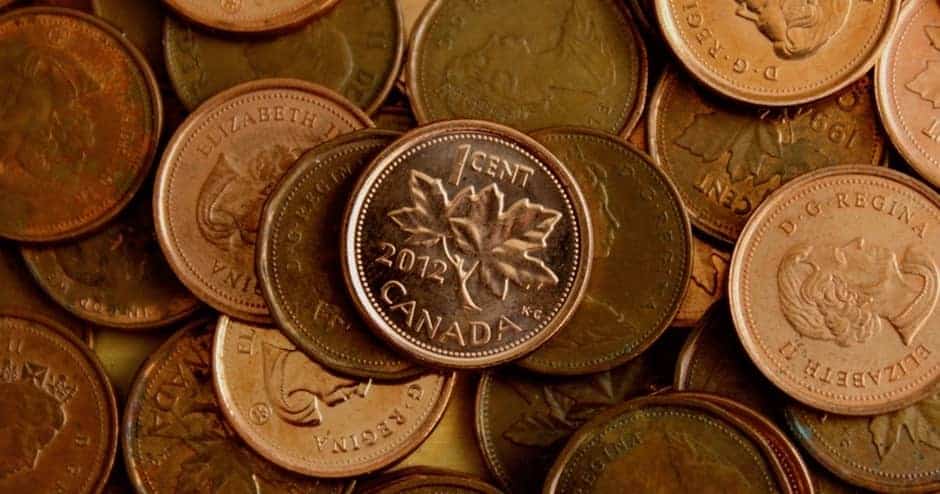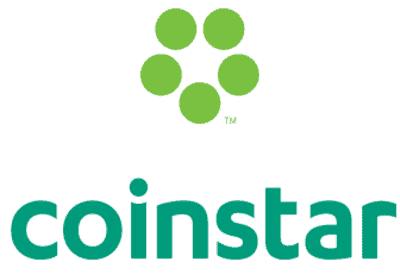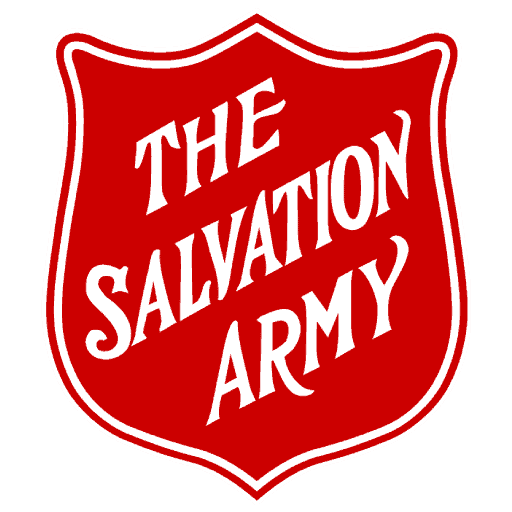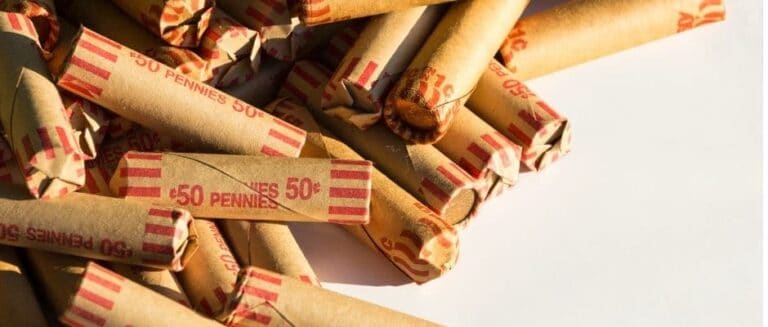
Have you ever heard of the slogan “a man is born free but is everywhere found in chains?” This slogan plays out in many ways in the life of every individual.
There are times in life where you may find that valuable material in one country is not considered valuable in another. This article looks at one of such constraints:
Can you use Canadian Coins in the U.S.?
The answer is yes and no. Canadian coins are not legal money in the U.S and are therefore technically not accepted. On the other hand, a dealer may take your Canadian coins but only at their discretion. This implies you have no legal authority to insist on the coins being acknowledged.
This article provides what you should know regarding this subject. So read on to learn more.
Can You Use Canadian Coins in the U.S.?
The U.S. and Canada might be similar in several ways regarding culture. In the same light, U.S. and Canadian coins are in the same denomination and almost actually look alike.
With this similarity, you might be tempted to think that Canadian coins are accepted in the U.S, but will the U.S. accept Canadian coins?
Technically speaking, Canadian coins are not accepted in the U.S. This means Canadian coins cannot be accepted as legal tender in the U.S. Therefore, you should not be surprised if someone in the U.S. refuses your Canadian coins However, a vendor in the US may accept your Canadian coins, but this is typically only at their discretion.
This means you do not have the legal right to demand that the coins be accepted.
Generally, It is quite common to find Canadian coins in U.S. towns bordering Canada, like in border towns of most countries.

Sometimes, you can also find careless tellers and vendors mistakenly accept Canadian coins because they look like U.S. coins at first glance. If it ever happened this way with you, do not assume that these coins are legal tender. It can sometimes be difficult to distinguish between U.S. and Canadian coins.
Also, trying to use Canadian coins in the U.S. can be classified as fraud or counterfeiting, whether it happened intentionally or not.
But the good news remains that your Canadian coins in the U.S. are not completely legally useless.
What Can I Do with My Canadian Coins in the U.S.?
Do you have Canadian coins and don’t know what to do with them in the U.S.?
It is normal to have U.S. banks reject Canadian coins. But this action does not completely render the Canadian coins useless in the U.S. The Canadian government needs their coins back, whether they are wanted or unwanted.
They are establishments set up to help you: For example – HYPoint Canadian Coin Exchange will buy your coins and convert them to U.S. money.
HYPoint Canadian Coin Exchange offers fees-free services and has no hidden charges. You can always check out their rates online. Also, they usually pay the highest rates possible. So if you live near border towns, you may want to check out the nearest HYPoint sales point.
Furthermore, there are other safe places in the U.S. where you can get value out of your Canadian coins, including;
- Coinstar Machines.

As I talk about my article, 5 Places You Can Cash in Canadian Pennies, Coinstar machines permit you to easily deposit coins into a machine for a cash voucher that can then be cashed into a cashier. Coinstar machines still accept coins, so if you don’t want to go to a bank, use a Coinstar machine to cash in your coins!
Another advantage of utilizing a Coinstar machine is that you will not pre-roll your coins. Drop-in all of your pennies and let the machine do the rest!
Notwithstanding, the weakness of coin machines like Coinstar is the fees associated with each transaction. They can charge about 11.9% for each transaction.
- Online Marketplaces.
Another top way to cash in your Canadian coins is to sell them through online marketplaces. Search out those willing to buy rather than going to sell.
- Charities organizations.

You probably want to find places or ways where or how you could earn money back yourself!
But learn this today– Charitable donations can create tax credits for you, which will reduce the share of income tax you need to pay.
Will U.S Banks Take Canadian Coins?
Banks are a safe, reliable way to cash in your Canadian coins. Large corporate banks will accept your coins. But the condition is that you must roll them up before the bank can accept them; otherwise, they won’t accept them.
Moreover, you will need to be a customer of the bank you want to carry out your transaction with; if not, you will have to call them beforehand to find out if they will accept your coins.
Finally, if you choose to cash your coins at your local bank, know you can bail them for cash or deposit them into your bank account.
How To Convert Canadian Coins to U.S. dollars?
Some local agencies can help you convert Canadian coins to US dollars.
- Leftover Currency exchange.
In Canada, coins ranging from one cent to two dollars are legal tender. Banks and exchange offices in other countries refuse to exchange Canadian coins despite this. Currency trading is, therefore, confined to current banknotes. However, you can convert your Canadian dollars and cent coins for U.S. dollars at the Leftover Currency exchange.
- ATM withdrawals
You are a Canadian heading to the United States, or you may have some Canadian coins and want to convert them into U.S. dollars. Check with your bank about fees and exchange rates.
ATM withdrawals are the most convenient way to convert Canadian dollars to U.S. dollars; however, you may be charged by your home bank and the U.S. bank.
- Exchange kiosk or a bank.
You may also exchange Canadian cash for U.S. dollars through an exchange kiosk or a bank. Because some exchange kiosks and institutions do not accept coins for conversion, this is the best choice for turning C$1 and C$2 coins into U.S. dollars.
Conclusion
To conclude, the only currency that can completely be useless is counterfeit money. Even if worn out, the host country can accept any other money to remove it from circulation.
You just need the right information about the right places and how to go about the exchange
Thanks for reading folks!
Geek, out.



![Here is Why Everything on Ali Express Is So Cheap [The Truth]](https://thefinancialgeek.com/wp-content/uploads/2022/05/why-is-everything-on-aliexpress-so-cheap-4.jpg)
![Is Indeed Legit? [Here are the Facts]](https://thefinancialgeek.com/wp-content/uploads/2022/11/Featured-Image-47-768x404.jpg)

